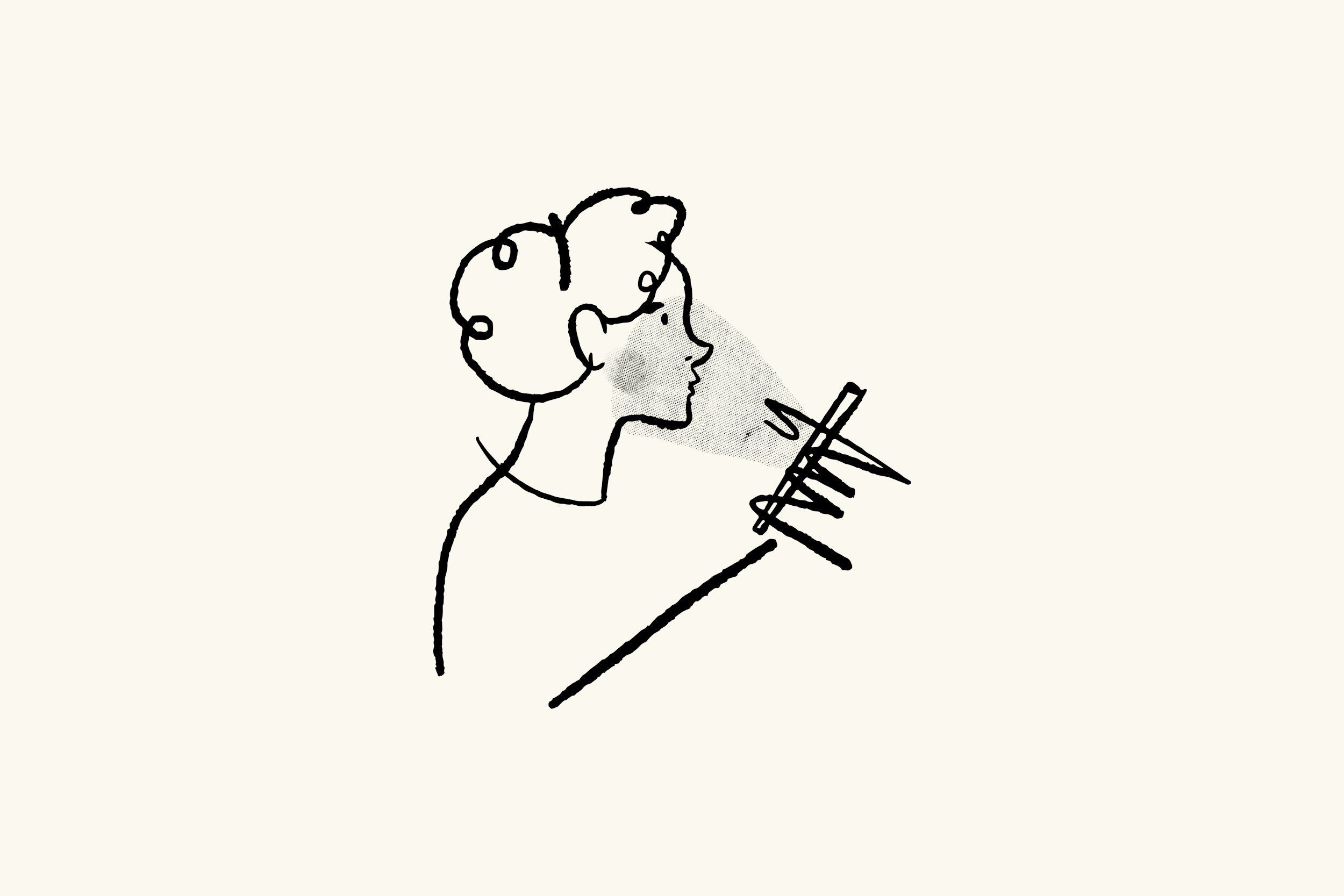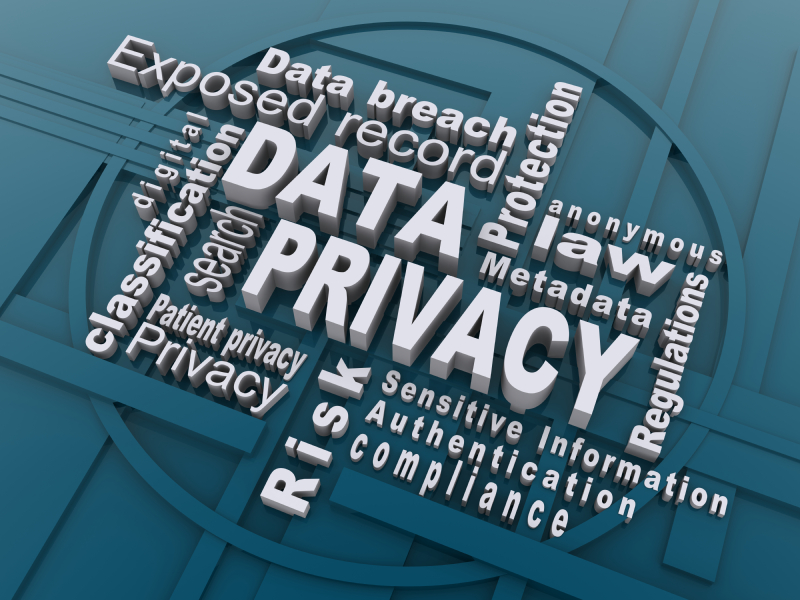Facial recognition technology is in a predicament, and has actually been there for quite a while. What did it experience to become the center of the controversy and how does such controversy influence the art industry? Controversial discussion never stops a new technology, and instead, it creates a buffer to help the aggressive technology to slow a bit. With this opportunity, arts managers and other stakeholders may be able to check if they are on the right track dealing with the technology and consider whether they need to reshape it to meet future challenges.














